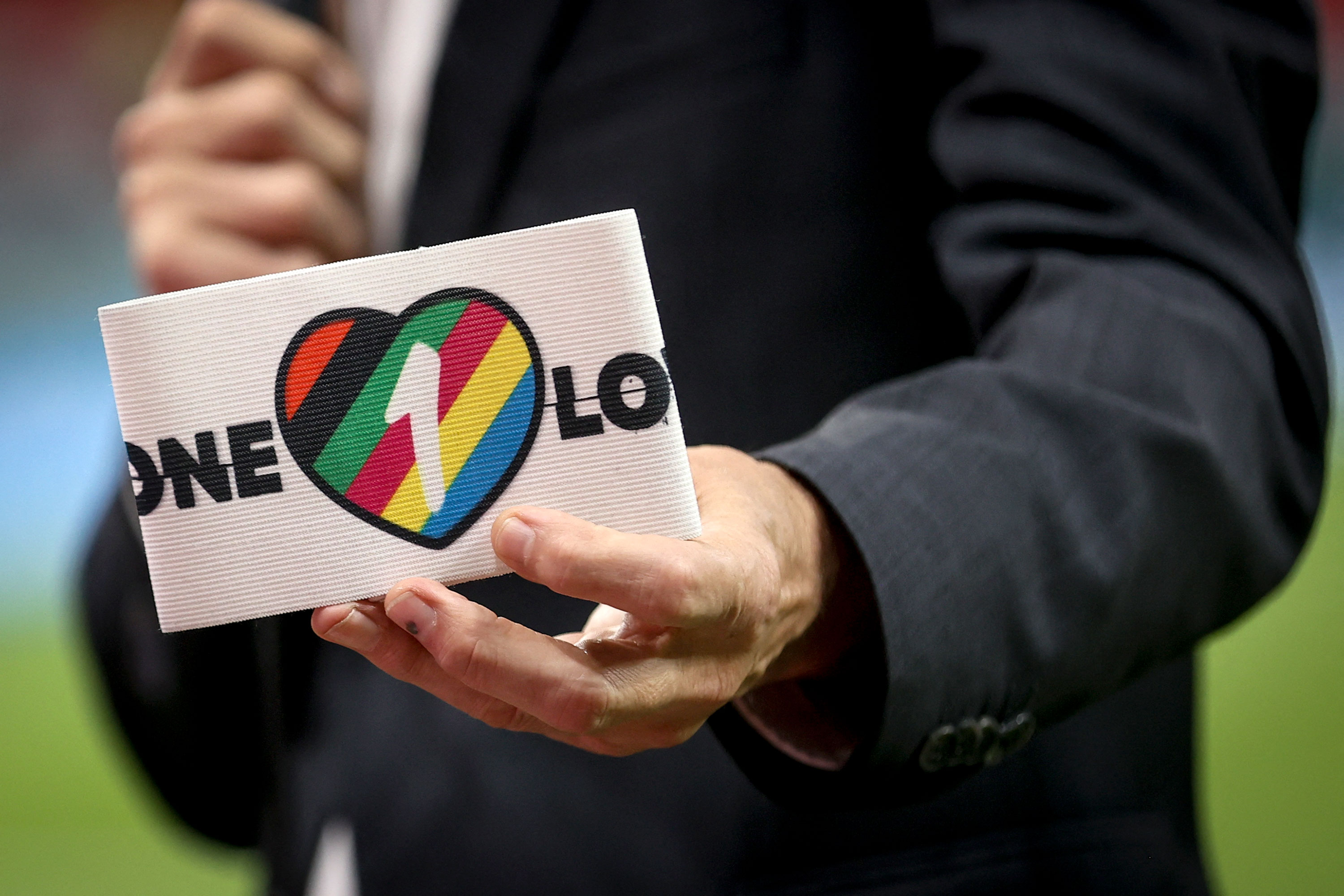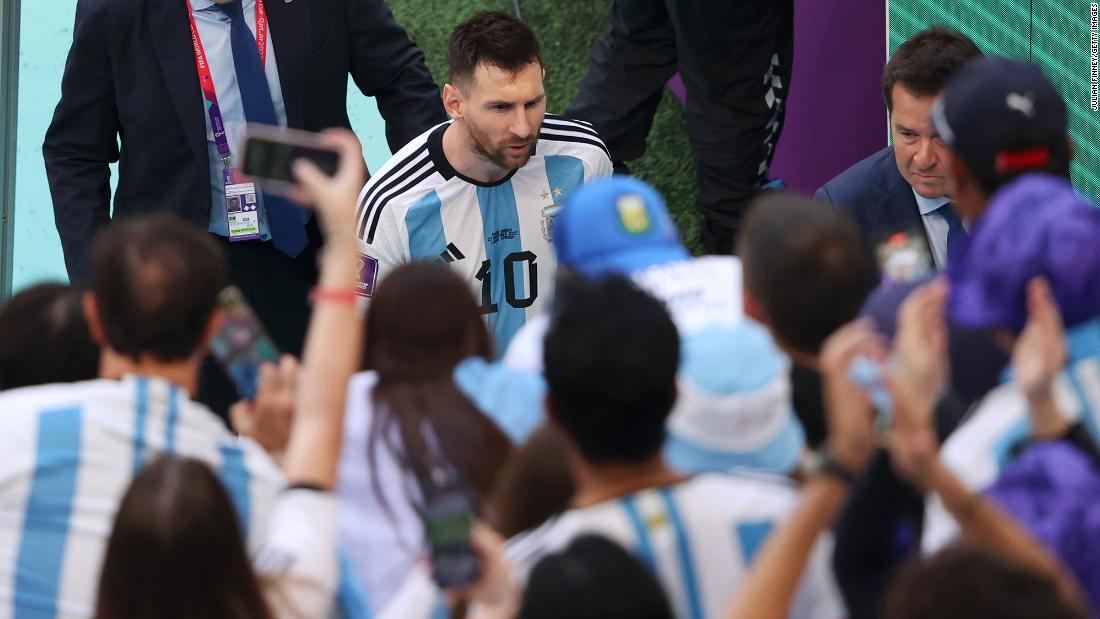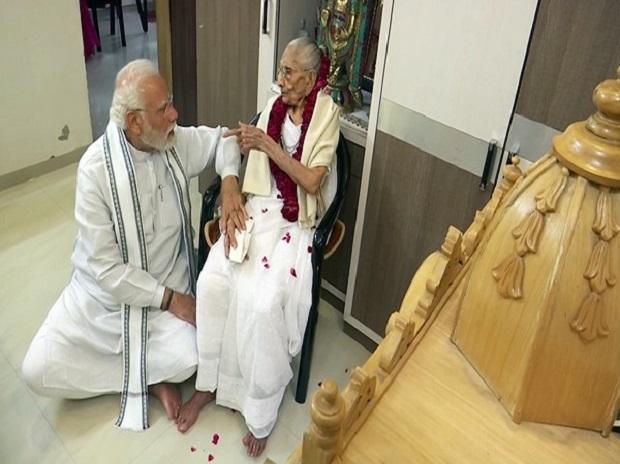
Soccer’s global governing body has found itself at loggerheads with seven European nations over the threat of sanctions for any player wearing a “OneLove” armband during games.
The eleventh-hour announcement from FIFA has created a rift between the governing body and the seven nations involved, although neither side has emerged free from criticism.
The “OneLove” armband – which features the outline of a heart striped in different colors – was intended to be worn by captains from England, the Netherlands, Belgium, Denmark, Germany, Switzerland and Wales at the World Cup to promote inclusion and display solidarity with people of different genders and sexual identities.
But hours before England captain Harry Kane was scheduled to wear the armband against Iran on Monday, FIFA said any player wearing the armbands would receive a yellow card, putting them in danger of being sent off or banned from a later game in the tournament.
FIFA regulations state that team captains must wear armbands provided by the governing body, even though it said it “supports all legitimate causes, such as ‘OneLove.’”
The debacle has rumbled on as a sideshow to the tournament itself.
While players like Kane didn’t wear the armband, Belgian Foreign Affairs Minister Hadja Lahbib did as she talked to FIFA President Gianni Infantino at the World Cup game between Belgium and Canada on Wednesday.
German Interior Minister Nancy Faeser also wore the armband as Infantino sat close by during her country’s 2-1 defeat against Japan.
In a joint statement, the seven European federations said they asked their captains not to wear the “OneLove” armband as they couldn’t “put players in a position where they could face sporting sanctions including bookings.”
But some former players believe it would have been a risk worth taking.
“That would have been a great statement,” said former Republic of Ireland midfielder Roy Keane, speaking as a pundit on ITV. “Do it for the first game, [and] if you get your yellow card, what a message that would have been.”
But others have questioned how much impact the gesture might have in Qatar, a country where sex between men is illegal and punishable by up to three years in prison.
“Conversations I’ve had with people from the LGBTQI+ community have already described that messaging as vague and lacking in a real statement in what it’s actually trying to achieve,” Australian midfielder Jackson Irvine told reporters.
One campaign group agrees.
“The ‘OneLove’ armband was nothing more than a token gesture,” Khya Gott, a representative for Pride in Football, told CNN Sport.
“It didn’t make the dramatic statements they wanted it to. Gestures from players are important, and very much needed, but only if they’re done correctly.”
Continue reading here.
Note:- (Not all news on the site expresses the point of view of the site, but we transmit this news automatically and translate it through programmatic technology on the site and not from a human editor. The content is auto-generated from a syndicated feed.))



